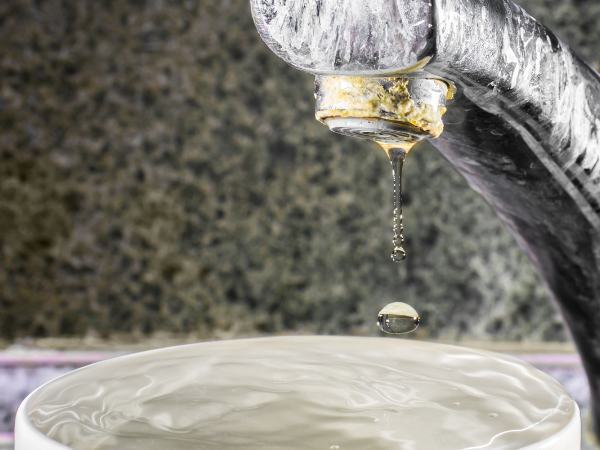How Charcoal Filters Purify Water

Insight Into How Charcoal Filters Purify Water
Because of their high filtration efficiency, charcoal filters are frequently used to clean water. Activated charcoal, also known as activated carbon, is used in these filters because it is a highly porous substance with a huge surface area.
When water goes through the charcoal filter, the procedure starts. Activated charcoal filters water by absorbing harmful substances that are already in it. Because of its porous structure, charcoal is able to attract and bind a wide variety of chemicals.
The Process Of How Charcoal Filters Purify Water
Adsorption is a key technique by which charcoal filters remove impurities from water. When molecules come into contact with a solid surface, this is called adsorption. Activated charcoal has a large surface area for molecules to bind to because of its porous structure. Activated charcoal has a strong attraction to chemical molecules including chlorine and some herbicides, as well as volatile organic compounds (VOCs). Activated charcoal filters out these organic molecules by attracting and retaining them as water carrying them flows through the filter.
Adsorption and chemical reactions in charcoal filters allow for the removal of some heavy metals like lead, mercury, and cadmium. The metals can't form strong enough bonds with the activated charcoal to make it through the filter and into the water. The chlorine that is added to municipal water sources for disinfection purposes can also be removed by using a charcoal filter, resulting in water with a better flavor and smell. Activated charcoal reduces the amount of chlorine in the water and enhances its flavor and aroma.
It's important to remember that charcoal filters aren't perfect. Dissolved salts, nitrates, fluoride, and several heavy metals cannot be removed with these systems. It may be essential to use alternate filtration procedures, such as reverse osmosis or distillation, for certain compounds.
Only Clean & Functioning Charcoal Filters Purify Water
Charcoal filters only function properly if they are regularly cleaned and replaced. The filtering capacity of activated charcoal degrades over time as its pores fill with contaminants. Therefore, it is extremely important to replace filters at the intervals specified by the manufacturer. Charcoal filters use the adsorption properties of activated charcoal to clean water. Cleaner and better-tasting water is the result of their ability to effectively trap organic compounds, chlorine, and some heavy metals.
Charcoal filters don't rely solely on adsorption to remove contaminants from the water. Catalytic reduction is one such process. Activated charcoal's surface undergoes certain chemical reactions during catalytic reduction, degrading or converting pollutants into less dangerous compounds. Activated charcoal can help break down chloramine into harmless chloride ions and ammonia for use in water purification, for instance. People who keep fish tanks or utilize water for sensitive purposes like aquariums benefit greatly from this reaction since it helps remove chloramine from the water.
Additional Benefits Of Purified Water From A Charcoal Filter
Charcoal filters can mitigate the effects of VOC-induced off-flavors and odors. Industrial waste, chemical leaks, and even Mother Nature herself can all contribute to the presence of these chemicals in our drinking water. Because activated charcoal is so good at absorbing chemicals, the water is purified and tastes better as a result. Charcoal filters have a finite lifespan and should be replaced on a regular basis. The efficacy of activated charcoal decreases as it ages due to contamination. Depending on the filter type, how often it is used, and the quality of the water being filtered, manufacturers often provide suggestions on when to replace the filters.
Charcoal filters are easy to maintain. The filter's useful life can be lengthened by regularly rinsing or flushing it to remove built-up particles. However, for optimum performance, it is critical to adhere to the manufacturer's guidelines for maintenance and replacement. Charcoal filters, while excellent at eliminating many impurities, may not be enough for purifying water from severely contaminated or hazardous sources, which is something to keep in mind. If this is the case, you may want to look into expert water treatment services or upgrade your current filtration system.
In conclusion, charcoal filters remove impurities from water using a number of chemical processes, including adsorption, catalytic reduction, and others. Organic chemicals, chlorine, and some heavy metals can all be effectively removed, and odors and tastes can be mitigated as well. These filters, which use activated charcoal to improve water quality and safety, are affordable and easily accessible.




